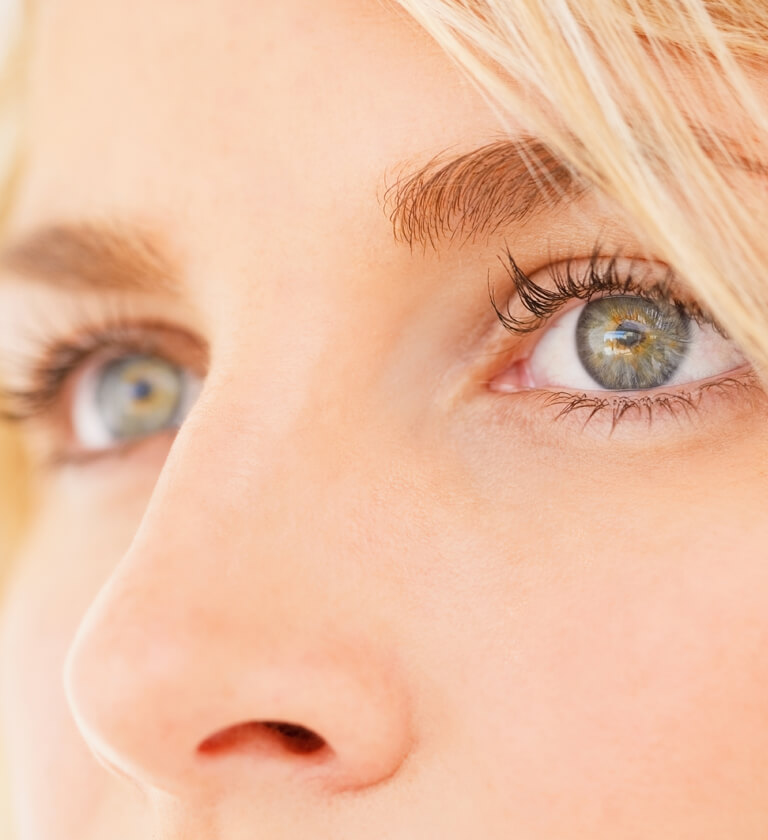28th March 2019
Cosmetic surgery in conversation with mental health
Cosmetic surgery stems from low self-esteem and the desire to change some aspect of our face or body. More and more people are opting for safe UK-based cosmetic surgeons and entrusting them with their surgeries, but there is a conversation to be had around cosmetic surgery and mental health.
Cosmetic surgery and mental health: the benefits
The perceived needs and wants for cosmetic surgery are ultimately to improve how you see your face and body. For example, rhinoplasty is so popular because the nose is the focal point of the face and can therefore throw the rest of your features out of balance. Cosmetic surgery has been shown to improve the mental health and patients through augmenting and ‘correcting’ their perceived flaws and helping them feel better about their treated area. This is, of course, understanding that the patient has a typically healthy relationship to their body, face, and mental state, other than their own insecurities and self-image problems. Helping a patient on their way to confidence can positively influence their own life, be that social or professional or romantic, because they have a renewed optimism and confidence in their appearance. They may no longer feel defined by or held back by their own perceived imperfections and take life in their stride, feeling comfortable in their appearance.
This area can become muddied, however, when considering where the line is drawn between ‘normal’ and ‘understandable’ unhappiness with their features and a ‘fixation’ on looking perfect or an idealised version of themselves. Obviously, we all have areas and parts of ourselves that aren’t our favourite to look at, but it’s when these parts become an area of regular and unhealthy fixation that there should be complex consideration into surgical suitability.
Cosmetic surgery and mental health: causes for concern
Those with personality or body image disorders, such as body dysmorphi, are usually advised against surgery. This is because cosmetic surgery in conversation with mental health can sometimes operate to the latter’s detriment. Body dysmorphia leads to the unhealthy fixation on one’s appearance, often placing all importance and personal abilities in how one looks. Cosmetic surgery that caters to this negative body image can lead the patient to resent their results because they had an idealised version of them in their head rather than a more realistic goal. It could also worsen the area that is fixated upon, leading to them constantly wanting to tweak or change that area in the future.
Expectations need to be managed for those who are under the impression that their rhinoplasty or cosmetic surgery will solve x, y, and z. Realistic result expectations and risks associated with the surgery need to be carefully and empathetically explained so that the patient may leave the initial consult with a more accurate representation of their treatment journey in their mind. In some cases, surgery may even be refused or advised against if your cosmetic surgeon does not believe it would benefit your mental or physical health and the appearance of the perceived problem area.
Cosmetic surgery and mental health strike a fine balance between surgical responsibility and a patient’s desired results. For honest, professional, and confidential rhinoplasty consultation, you should always seek a world-renowned surgeon such as Mr Julian Rowe-Jones of The Nose Clinic in Guildford and Harley Street. To arrange your initial consultation and find out your suitability, contact us on 020 7118 3553 today.







